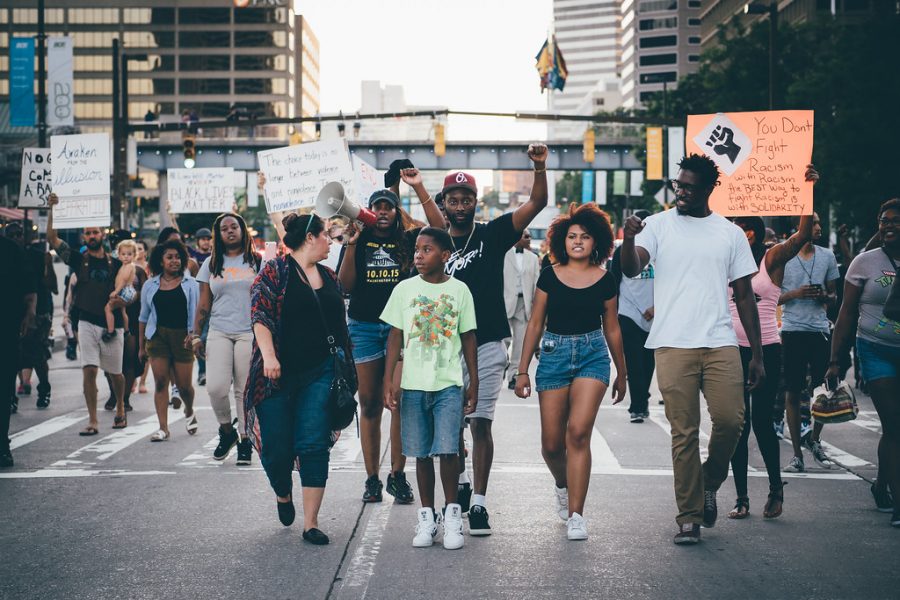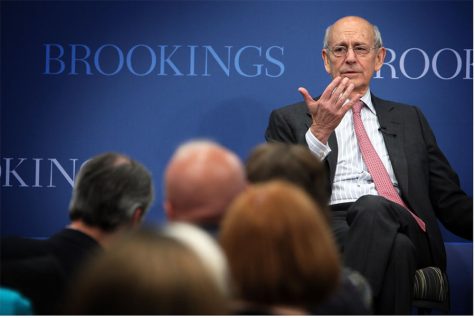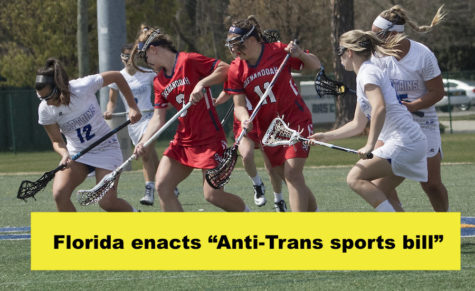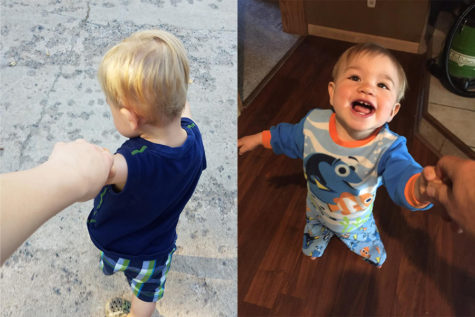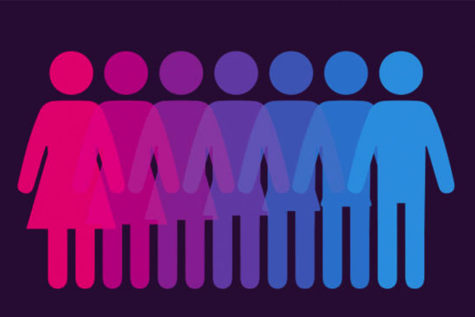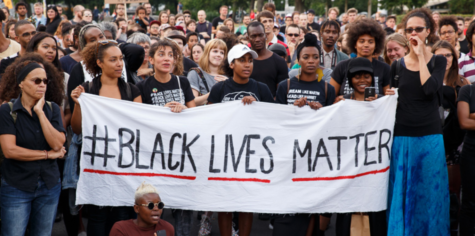The Power of Protest: Black Lives Matter
Photo via John Wayne Lucia III under creative commons license
People of all race, culture, and religion gather during Black lives march through downtown Baltimore City to protest police brutality and systematic racism.
After the unjustified murder of Goerge Floyd in May of 2020, protests delivering the phrase“Black Lives Matter” have erupted across America as a way to attack systematic racism and racial injustice in the criminal justice system. These prominent and inspiring protests have spread like wildfire across social media and further brought to light the horrendous reality when combating intolerance and bigotry.
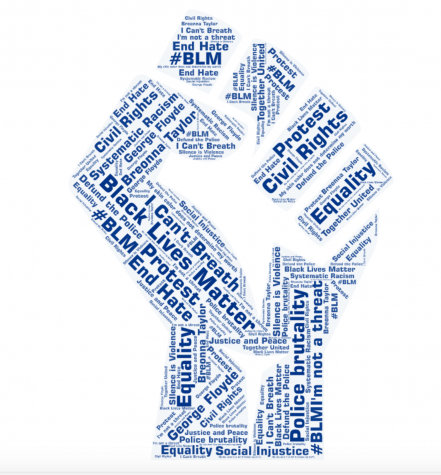
Throughout history, oppressed and mistreated individuals have utilized their influential power of speech to redefine the future. It is disappointing to say that most protests stem from racial injustice, and the Black Lives Matter protests have not been the only justice movements targeted towards the African American population.
To understand today’s protests we must look further back. Although most protests for Black equality took place in the ’60s, major waves of nationwide uprising and clashes for racial equality paved the road for the well-known, current civil rights movement. The Civil War had officially abolished slavery but discrimination, violence, and prejudice continued to stain the African American population. Unethical restraints such as Jim Crow Laws, as well as segregation, made sure to cease and ignore any sort of progress towards equality.
However, having had enough of this illusion of equality, in the 1960s African Americans began to peacefully protest, perform sit-ins, as well as commit to other forms of free speech to incite progressive change. Events such as the Montgomery Bus Boycott, the famous Martin Luther King Dream Speech, and Little Rock Nine brought much-needed attention to the issue of inequality, which was deeply integrated into American Society. On September 9, 1957, President Eisenhower signed the Civil Rights Act of 1957 into law, and for the most part, change was invited into a door once bolted closed. The nature of all protests is controversial as they are bringing up issues or problems not getting addressed adequately.
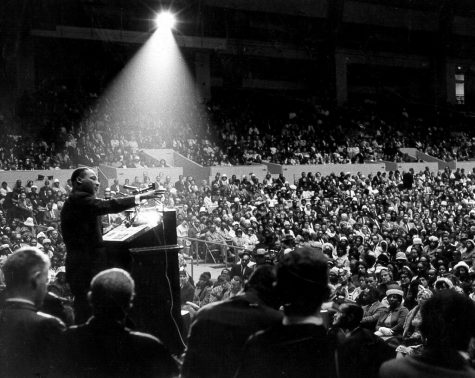
For the first time efforts brought legislation to end segregation, black voter suppression, etc, but racism continued to silently exist and its roots run deep even today. Uneducated individuals would stereotype and continue to treat African Americans differently. In recent months, the taboo surrounding racism, police brutality, and inequality have begun to unravel, especially because of recent events involving George Floyd, the spark of the current justice protests.
On May 25, 2020, Minneapolis police arrested and wrongfully killed 46- year old black man Goerge Floyd. Even though he complied voluntarily, Mr.Floyd was forcefully pinned down by a male police officer. He was struggling to breathe, and after 8 minutes and 46 seconds, he showed no signs of life. A day later the police department fired all four police officers involved in the episode, videos from bystanders and security cameras went viral on social media. People all over the country, as well as the world, insulted the police department’s policies and tackled the underlying problem of police brutality and racism towards Black Americans in America.
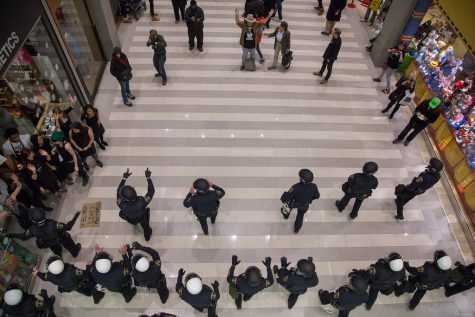
People of all ages, races, and cultures came together to support the BLM movement sparking a moral collective of activists. Professor Melina Abdulla spoke in a BBC interview and said, “It was students, artists, and organizers. We knew that it was part of our sacred duty to step up. And there was an audaciousness that we could transform the world, but we didn’t have a plan for it.”
Even during the ongoing pandemic, people went out and spoke against the cruelty of racism and brutality towards black lives. The movement began to target other social injustices such as homophobia, transphobia, etc and support for the movement spread like wildfire. It was an unstoppable force of hope.
The Black Lives Matter protests look for more than just vengeance, they set the scene for defunding and dismantling the current police and social system, as well as fight for a replacement form of law enforcement which does not judge others by the color of their skin. They fight to guarantee that we will overcome the structural and systematic racism that has oppressed African Americans and other communities attacked for being different. We must celebrate our differences, and walk together, hand to hand, to a better and just future.
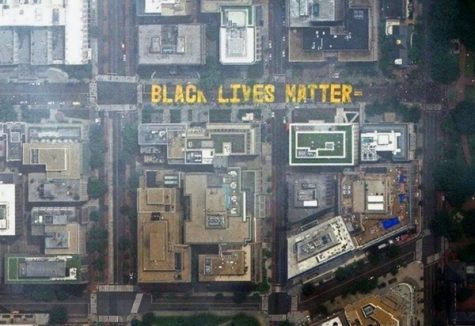

Safaa Asif ('21) is a senior at Sartell High School. She loves to read dystopian novels, draw, bake, and adores long road trips with her family. She dreams...



